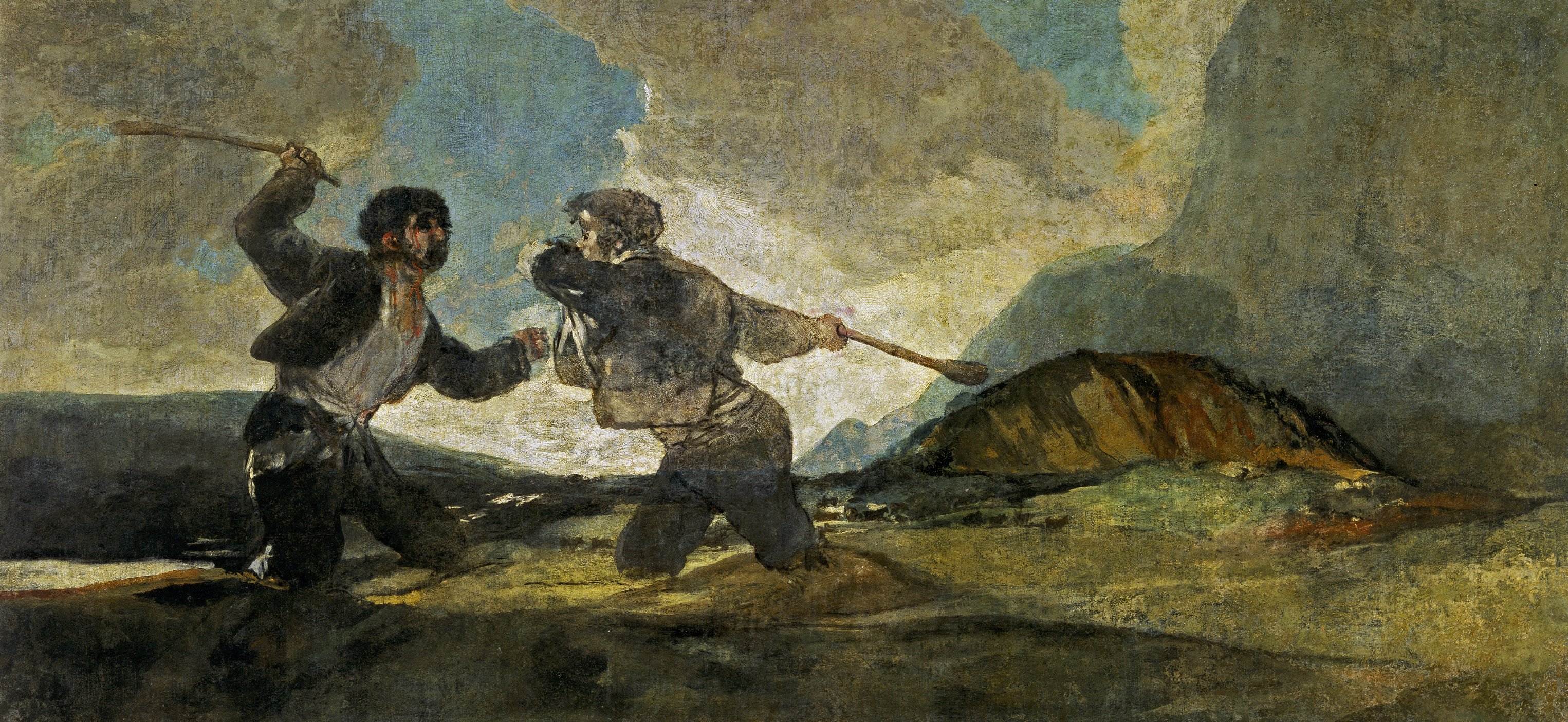US news magazine Foreign Affairs has published a report into how Spanish nationalism has seen a resurgence in recent months. According to the magazine, it's leading to "battle over national identity" in a country that is in some ways an "anomaly in Western Europe", with a "stunted national consciousness".
The suggest there exists a "militant Spanish nationalism" which reemerged last year following the Catalan independence push and which has been exacerbated by the attempts to exhume the dictator Francisco Franco: "Although not all Spanish nationalists are nostalgic for Franco, the right’s radical core is". They quote the leaders of a "pilgrimage" to the site to protest the exhumation plans as saying that “half of Spain is opposed to the exhumation of Franco and the profanation and pillaging of the Valley of the Fallen”. Images from the event show "groups carrying Francoist flags, their hands raised in the fascist salute". Foreign Affairs notes that, unlike most EU countries, Spanish legislation doesn't outlaw extolling fascist ideologies.
They say there is concern in the EU over these signs of far-right agitation in Spain. "Events like this have even EU leaders in Brussels worried. In late October, the European Parliament passed a motion against the rise of neofascist violence in Europe that included several incidents in Spain", they write, specifically mentioning the controversy over the continued existence of the Francisco Franco Foundation.

The magazine asks whether Spain's transition to democracy after the end of the Franco regime went as well as common political wisdom would have it. "Beneath the apparent break with 40 years of authoritarianism was a great deal of continuity", they note, saying that "most Francoists" who were politicians, police officers, judges or in the military kept their jobs. "Even the king had been appointed by Franco". Meanwhile, with the "general amnesty", no one was prosecuted for any crimes they had committed during the dictatorship.
They say the "crowning achievement" of its cultural and economic modernisation was the year 1992, when Madrid was European capital of culture, Seville hosted the World’s Fair, and Barcelona held the Olympic Games. "All this time, however, traces of Francoism remained at every corner", they write, in statues and street names around the country, and in the Valley of the Fallen itself, where Franco is currently buried.
The crisis over Catalonia, sparked by the failure of the 2006 Statute looking to reform its place within Spain, and the attempts by Sánchez's new government to overcome the past have meant Spanish identity itself is under debate. "Modern Spain is in some ways still an anomaly in western Europe". Citing the historian Tony Judt in Postwar (2005), "Europe’s collective identity after 1945 rested on pride in having collectively fought against fascism", something difficult for Spain to share in. They note that "there were official expressions of contrition and regret [around the continent]. States built museums and monuments, took judicial action, and worked to provide financial or moral redress for the victims".
Spain is a completely different story: "post-Franco Spain, which joined the European Community in 1986, never tied its national identity to anti-fascism or to a sense of collective responsibility". Modern democratic Spain has never sought to derive any national pride from the many Spaniards who fought against Franco's fascists in the Civil War, nor have they "embraced as a European virtue the ability to speak frankly about a violent and shameful past".
One example is the execution of Catalan president Lluís Companys by the Franco regime, which Spanish authorities have never apologised for, contrary to normal European practice. They cite the case of Ciutadans' leader in Catalonia, Inés Arrimadas as part of attempted "contortions to whitewash history". Namely, her comments earlier this year that "he had not been killed by the Spanish state—as if Franco’s dictatorship were somehow different from that state".
This is all, for Foreign Affairs, part of a "stunted national consciousness".

